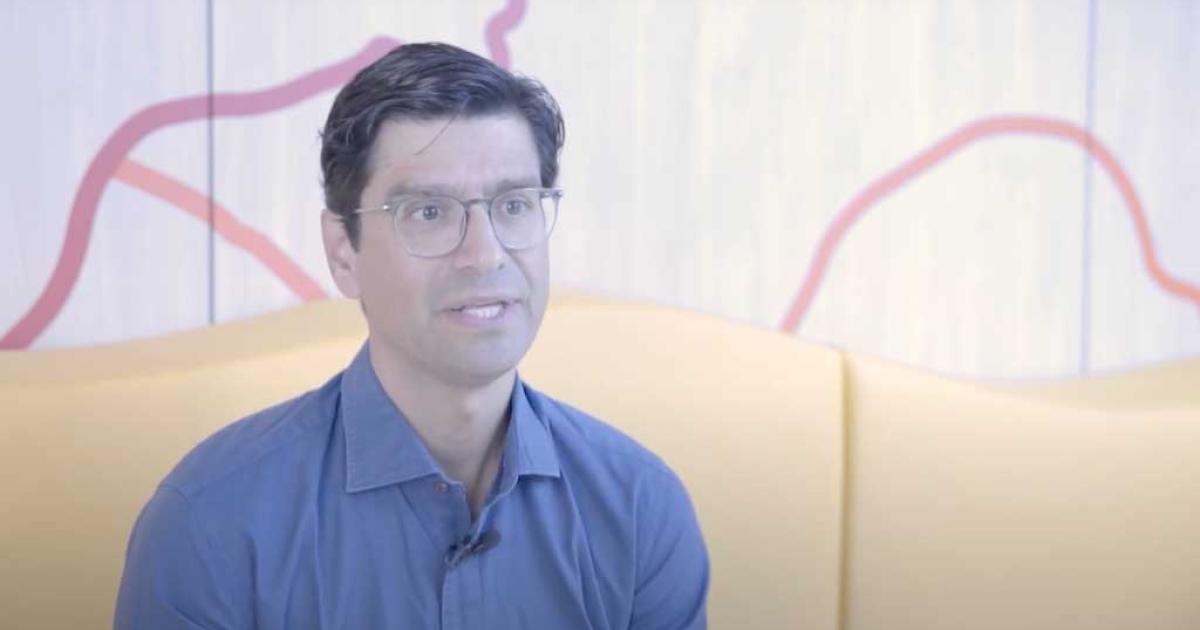DIPG (diffuse intrinsic pontine glioma) is the most common brainstem tumour found in children, a highly sensitive portion of the brain vital for human beings.
Description of the pathology
As with the majority of growth tumours, it is not known why these malignant cells specifically invade the brainstem so diffusely. It normally occurs in children between 5 and 10 years of age.
The symptoms are fairly characteristic, consisting of alterations in facial movement, difficulty in swallowing and walking, and weakness in the arms or legs. These symptoms commonly develop within a few weeks. Unfortunately, there is no curative treatment for this disease.
Diagnosis
DIPG is a disease that is diagnosed on the basis of the typical symptoms described above and from well-defined radiological criteria in an MRI scan. To this day, a biopsy is not essential for confirming diagnosis. However, centres of reference such as the SJD Barcelona Children's Hospital, which are engaged in research projects and/or clinical trials where the analysis of tumour tissue is essential, value performing this procedure at the time of diagnosis.
A biopsy usually confirms the existence of a glial-type tumour. Molecular analysis of these tumours has revealed that in the majority (80% of cases) a mutation of the K27M gene is identified in two variants, the H3.3 (60% of cases) and the H3.1 (20% of cases). These molecular changes, in combination with other genetic alterations (e.g. p53, ACVR1, PDGFR), are fundamental in the onset, development and progression of the disease.
Treatment
Focal radiation therapy (targeting the tumour) is the only treatment that achieves a reduction in the tumour size and improvement in symptoms for the majority of DIPG patient.
SJD Barcelona Children's Hospital offers biopsies to patients we diagnose. From these samples we try to establish cell lines and animal models.
We also characterise molecular markers in lesions with the aim of identifying potential therapeutic targets.
Research to fight diffuse brain stem tumours (DIPG)

Outcomes
Research
Clinical immunotherapy trial
A clinical trial using dendretic cell-based vaccines is currently underway. Patient recruitment has been completed and the responses obtained are under evaluation. The expected outcomes may form the basis of future versions of this treatment.
Research at SJD Barcelona and worldwide
There is a series of clinical trials currently underway at various centres worldwide which are exploring new treatments targeting this disease.
Participation of families in the research
Numerous families of patients affected by DIPG remain in contact with the hospital and are actively participating in the capture of data. The Fondo Alicia Pueyo is one of these groups and it also provides information to families.
